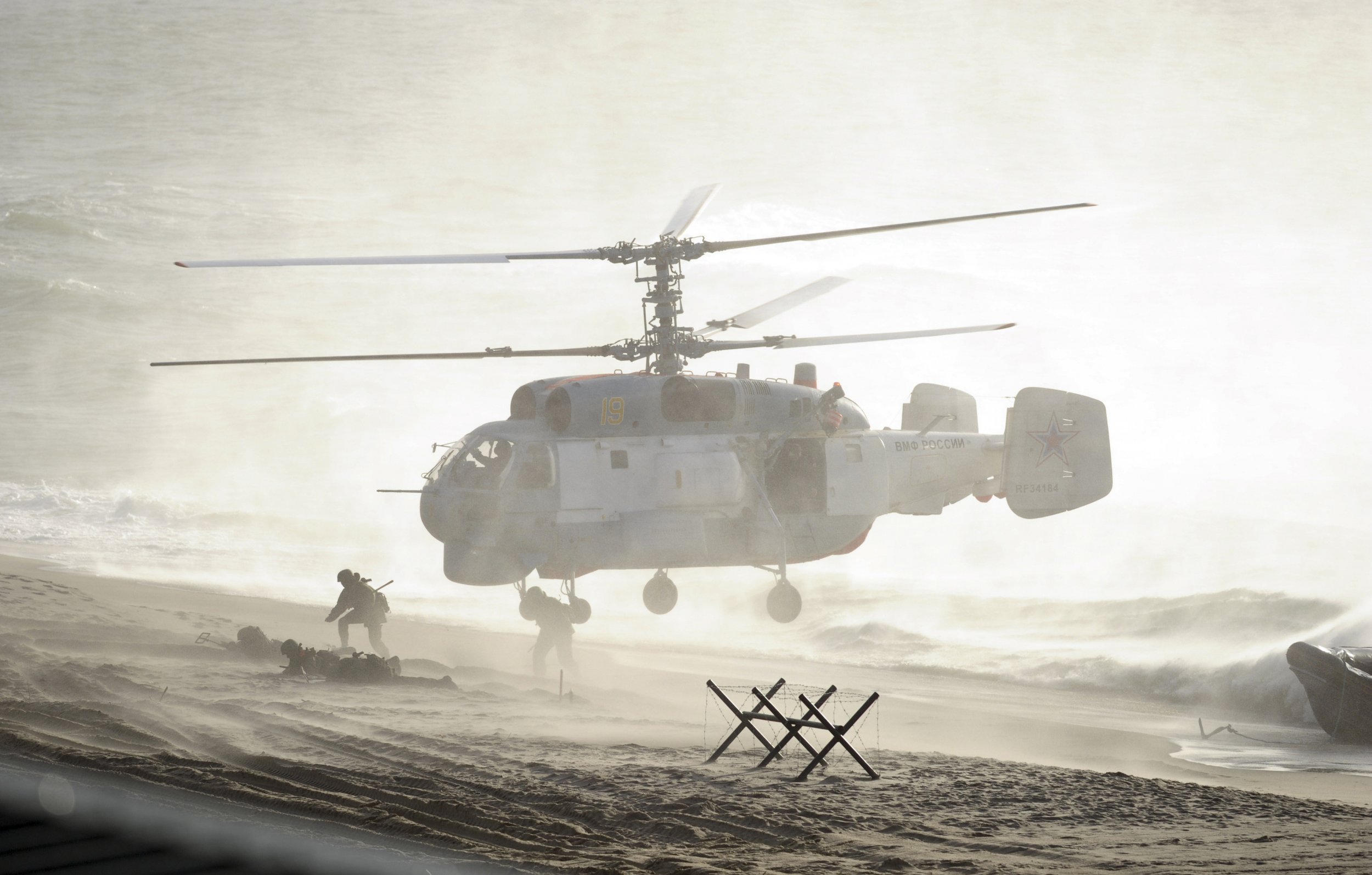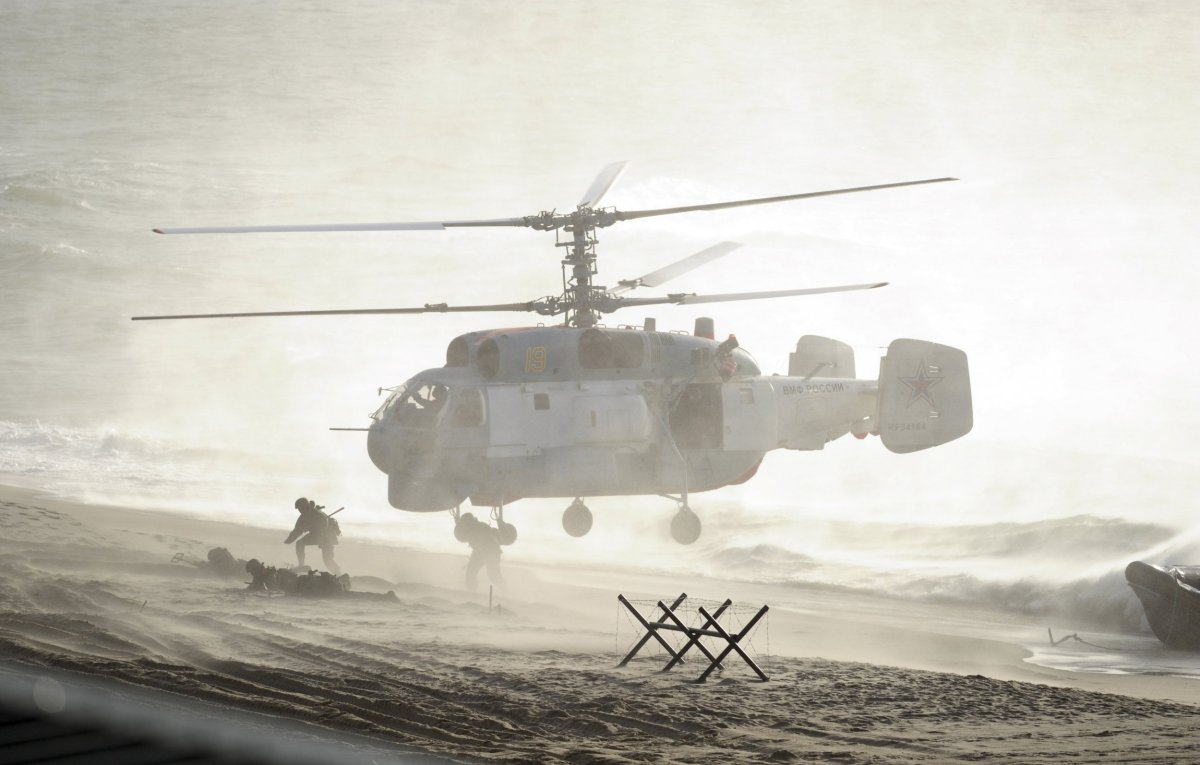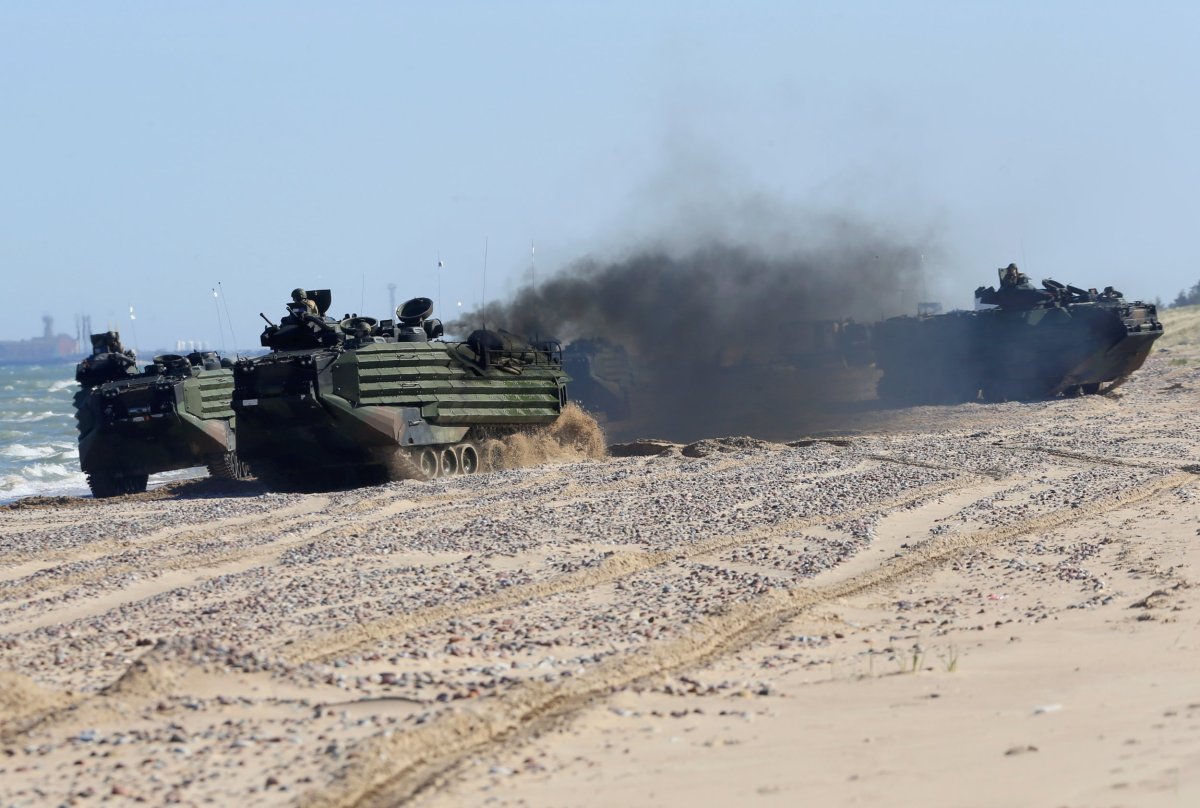
The United States's top Army commander in Europe wants international observers to attend Russian military drills ahead of the upcoming war games that will simulate an attack by the Western defense alliance NATO near the heavily fortified Baltic region.
Lieutenant General Ben Hodges, commander of the U.S. Army in Europe, said in an interview published Friday that Moscow must open its military exercises to other European nations which have expressed concern over what they consider to be Russian military and political aggression in the region. The Baltic region is considered a strategic pressure point in the rivalry between U.S.-led NATO and Russia, with both factions having devoted extensive resources to fortifying their respective defenses in the region. The U.S. also has rallied its allies for a series of military drills in the area.
Related: Russian jet buzzes U.S. plane in Europe after drone was shot down in Syria
"If they want to be treated like a world power and a leader in the world, they need to act like it," Hodges told Politico. "They should be transparent: Invite observers to come watch what they are doing so that they can lower anxiety there."

Since Russia annexed the neighboring Crimean Peninsula from Ukraine in 2014, tensions between NATO and Russia have instigated dueling arms races on their mutual borders. In 2015, the U.S. designated Poland and the three Baltic states Estonia, Latvia and Lithuania as the venue for what has become four multinational NATO battle groups comprising the alliance's Enhanced Forward Presence. Russia has also mobilized personnel and armaments, including nuclear-capable missiles, along its borders, especially in Kaliningrad, a militarized Russian exclave bordering Poland, Lithuania and the Baltic Sea.
With the stated goal of reassuring its NATO allies, the U.S. has held a number of drills and expanded its military presence in the Baltic region, a move that has been criticized by Russian officials. Two annual exercises, Saber Strike, which has been held since 2011, and Baltic Operations (BALTOPS), which dates back to 1971 and once included Russia, have brought together dozens of militaries for training in what is perhaps Europe's greatest flashpoint.

Russia's military, which, the Rand Corporation estimated last year, could wipe out NATO's defenses and enter Baltic capitals in less than two days, is preparing for its own maneuvers—and on a greater scale. Every four years, Russia hosts the Zapad, or "West," exercise. The drills are set to be held this September and will simulate a NATO invasion of neighboring Belarus, which will also participate in the war games. The exercise is projected to involve as many as 100,000 troops and will take place on the doorstep of NATO forces stationed in the Baltics. Last month, Defense Secretary James Mattis called the drills "destabilizing," echoing the concerns of regional U.S. allies.
"With an exercise held on a giant scale like this, the risks definitely are way, way bigger than usual," Juri Luik, Estonia's NATO defense point person, told Estonian Public Broadcasting earlier this month. "So we are keeping a close watch on the situation, and this of course also means that we are in constant diplomatic contact with our allies, large allies and small allies in the region."
Days later, Estonian National Defense Committee Chairman Hannes Hanno said he "was happy" that Belarus had agreed to allow Estonia to send international observers to Zapad 2017, emphasizing that Estonia wanted the drills to be as transparent as possible, according to the state-owned Belarusian Telegraph Agency.
Uncommon Knowledge
Newsweek is committed to challenging conventional wisdom and finding connections in the search for common ground.
Newsweek is committed to challenging conventional wisdom and finding connections in the search for common ground.
About the writer
Based in his hometown of Staten Island, New York City, Tom O'Connor is an award-winning Senior Writer of Foreign Policy ... Read more
To read how Newsweek uses AI as a newsroom tool, Click here.








